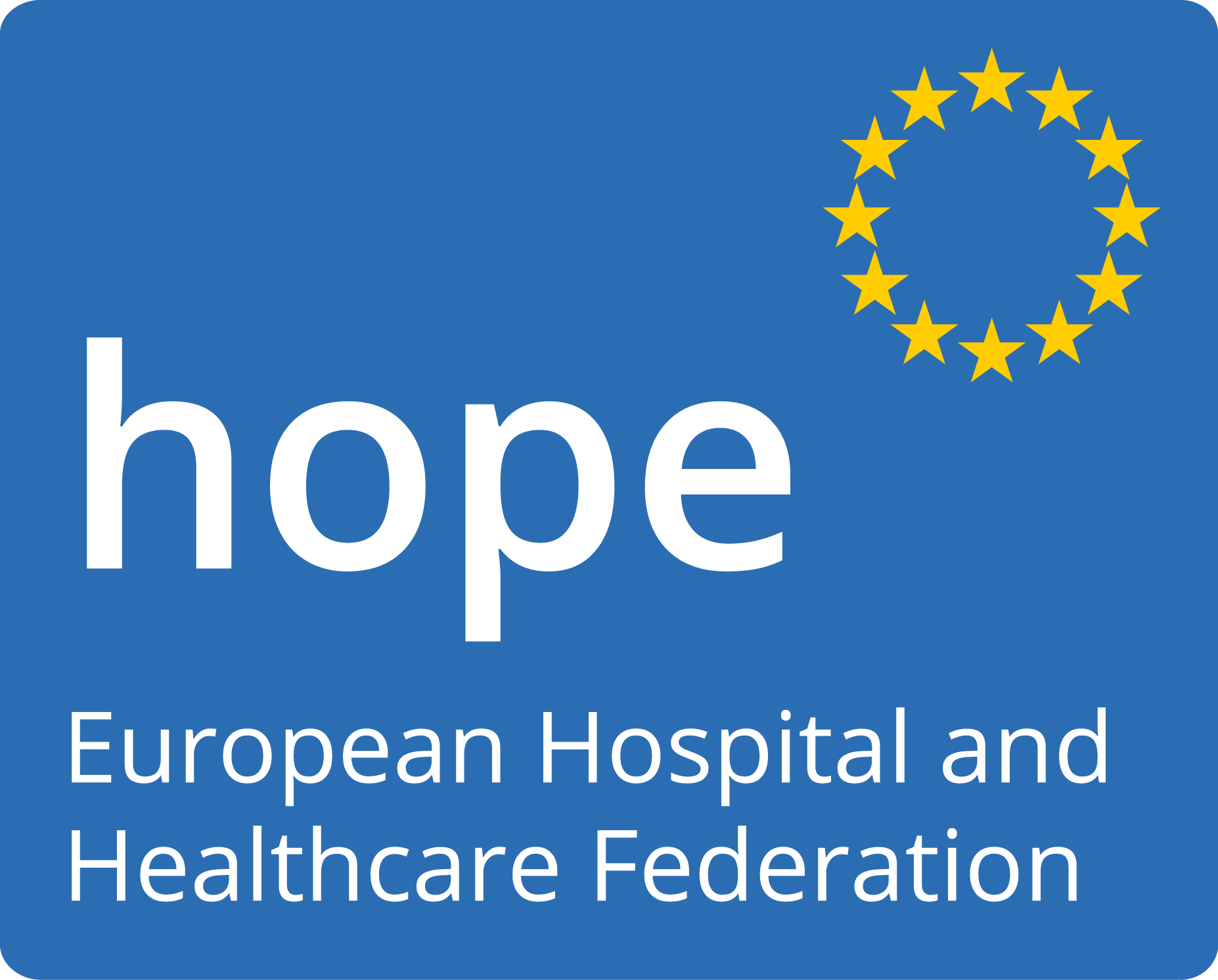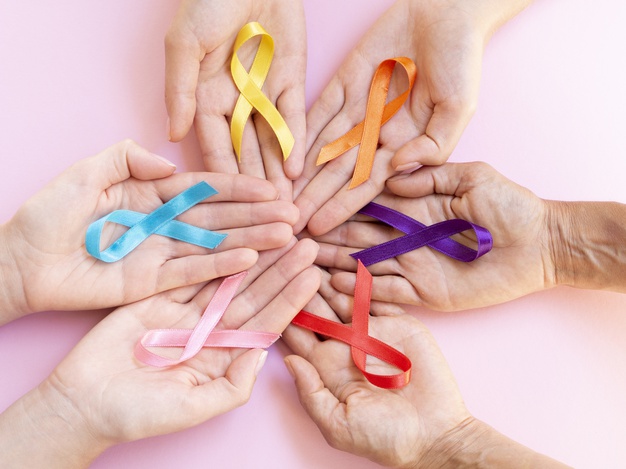HOPE members are covering the full range of healthcare activities, including cancer care. In the last two decades HOPE activities in this field at European level have taken the form of projects and joint actions but also monitoring and participating in initiatives developed by the European Commission
In 2001, HOPE released a study based on an EU-financed project focused on Quality in relation to cancer services and good practices in preventive services and in their organisation which may reduce cancer. The project was divided into two phases and resulted in recommendations based on the findings to improve cancer prevention and treatment services. The first phase looked at all 15 member states of the European Union (at that time) notably with detailed questionnaires in relation to the Health Promotion and the Organisation of Cancer Services. It was found that early health promotion programmes, elements of health education, background legislation and involvement of health professionals in cancer prevention might reduce mortality and incidence of cancer. In addition, four cancers with wide variations among Member States in terms of survival and incidence were identified. These were the lung, breast, cervix and colorectal cancers.
The second phase was undertaken by a team visiting five selected countries and related to the four cancers identified. The study found other good practices regarding cancer services including the active enforcement of legislation in relation to tobacco to reduce lung cancer; having one agency responsible for coordinating health promotion, a comprehensive cancer registration system and a comprehensive screening programme for breast and cervical cancers. Regarding cancer treatments, regional coordination of treatments and treatment by multi-disciplinary teams were identified as providing the best results. Finally, a regular evaluation of outcomes and performance as well as transparency with regards to the financial information dedicated for health promotion targeted cancer were found necessary to improve care.
This was followed by the participation in the European Partnership for Action Against Cancer (EPAAC). EPAAC was launched in 2009, after the European Commission published its Communication on Action Against Cancer: European Partnership. The specificity of the Partnership is that it brought together the efforts of different stakeholders, including HOPE, into a joint response to prevent and control cancer. In its initial phase, until early 2014, the work of the Partnership will be taken forward through a Joint Action (co-financed by the EU Health Programme). The National Institute of Public Health in Slovenia has assumed the role of leader of the EPAAC Joint Action, which encompassed 36 associated partners from across Europe and over 100 collaborating partners.
HOPE was then involved as a collaborating partner in the Joint Action CANCON which ran for the period 2014-2017. Its general objective was to contribute to improvement in widely recognised cancer control through quality-based cancer screening programmes, better integration of cancer care, community-based cancer care approaches and intensive efforts in all aspects of survival, including palliative care.
The main deliverable of the Joint Action was the production of a European Guide on Quality Improvement in Comprehensive Cancer Control. As a result of hundreds of cancer experts, in twenty-five countries and one hundred and twenty-six partner organisations, the Guide aims to help to reduce not only the cancer burden throughout the EU but also the inequalities in cancer control and care that exist between Member states. Practice recommendations of the Guide are meant for governments, parliamentarians, health care providers and funders, and cancer care professionals at every level and strive to improve national situations. In addition to the Guide, five Cancon Policy papers and Policy briefs have positioned cancer control into planning processes of the Member states.
HOPE was a collaborating partner of iPAAC, the Innovative Partnership for Action Against Cancer, which started in 2018 for three years and built upon the outcomes of previous Joint Actions. As a collaborating partner, HOPE actively participated to the Joint Action and its Work Packages.
The Joint Action iPAAC brought together twenty-four Associated Partners (with Affiliated Entities, forty-four partners) across Europe. The main objective was to implement innovative approaches to cancer control, consisting of further development of cancer prevention, comprehensive approaches to the use of genomics in cancer control, cancer information and registries, improvements and challenges in cancer care, mapping of innovative cancer treatments and governance of integrated cancer control, including a new analysis of National Cancer Control Plans. A Roadmap on Implementation and Sustainability of Cancer Control Actions was the main deliverable of this Joint Action.
On 3 February 2021, the European Commission released its final proposal on a ‘Europe’s Beating Cancer Plan’, worth 4 billion euros drawn from several EU funding programmes (mainly EU4Health programme, Horizon Europe, Digital Europe programme, Erasmus +). The plan is structured around 4 key action areas: prevention (90% of girls and a significant increase of boys vaccinated against human papillomaviruses by 2030), early detection (screenings for 90% of the EU population who qualify for breast, cervical and colorectal cancer screenings by 2025), cancer diagnosis and treatment and quality of life of cancer patients and survivors.
The main flagship actions foreseen are:
– Networks: A new European Reference Networks on specific cancer conditions, an EU Network linking recognised National Comprehensive Cancer Centres in every Member State by 2025, and an ‘EU Cancer Treatment Capacity and Capability Mapping’ project to map and share expertise across the EU.
– Training: An ‘Inter-specialty cancer training programme’ to help Member States address skills gaps and equip their health workforce through cross-border training and information-sharing.
– Prevention and diagnostic: A ‘Cancer Diagnostic and Treatment for All’ initiative and a Cancer Inequalities Registry to improve equal access to innovative cancer diagnosis and personalised treatments, a Partnership on Personalised Medicine funded under Horizon Europe, and a European Initiative to Understand Cancer (UNCAN.eu).
– Knowledge sharing: An European Cancer Imaging Initiative to create an EU ‘atlas’ of cancer-related anonymised images; and a new Knowledge Centre on Cancer to coordinate scientific and technical cancer-related initiatives at EU level.
In April 2021, HOPE joined the “Beating Cancer Stakeholder Contact Group” which is a network of the Health Policy Platform. It aims to gather health stakeholder organisations interested in cancer to share knowledge and create an interactive dialogue with the Commission services.

